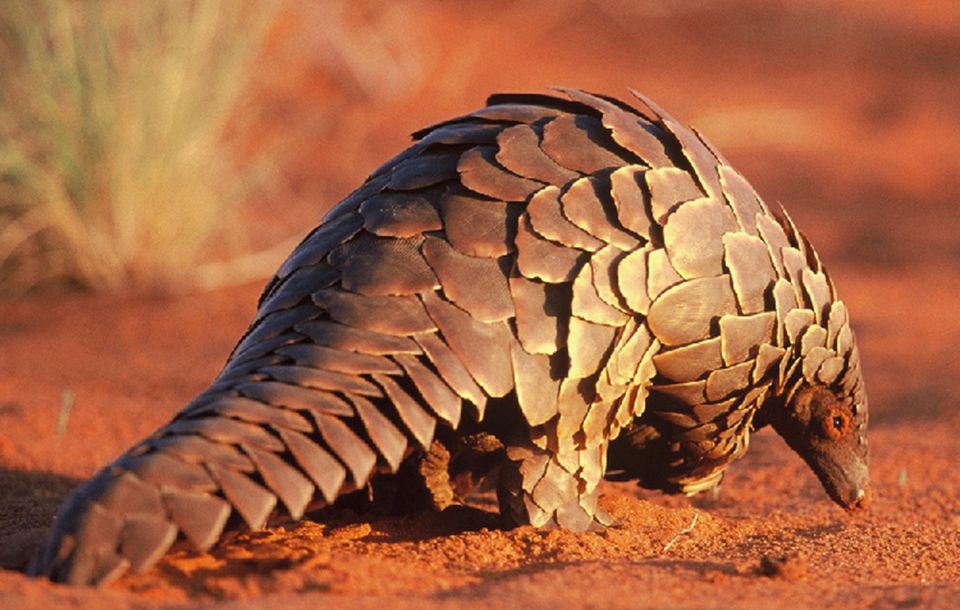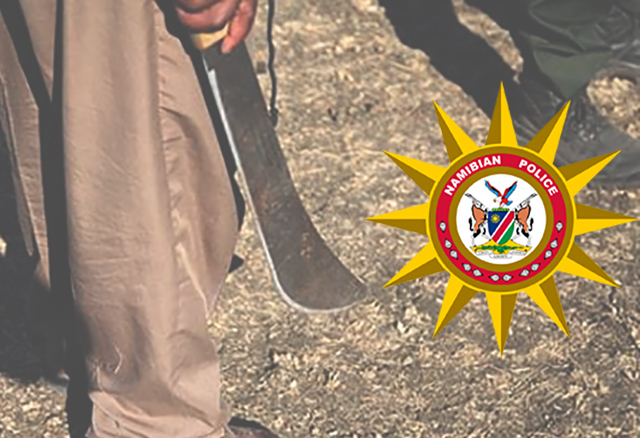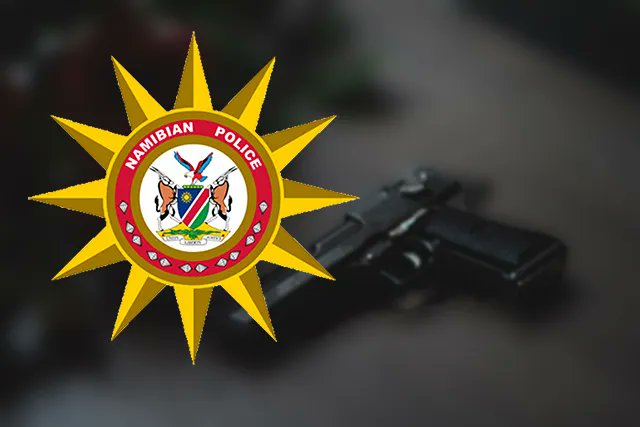MOSCOW – President Vladimir Putin, visiting a monument to victims of Josef Stalin’s purges, called yesterday for political rivalries to remain “constructive” as Russia heads into a national election.
“Of course political battles and political arguments and the fight of opinions is necessary, but we need for that process not to be destructive, for it to be constructive,” he said at a site south of Moscow where firing squads executed thousands of people 70 years ago during the height of Stalin’s purges. “Political battles should take place in a cultural and educational context.”Putin spoke outside the Church of New Martyrs and Confessors, built recently at the Butovo site, on the day dedicated to the memory of victims of political repression.The annual holiday has taken on extra significance this year, the 70th anniversary of the Great Purge of 1937.Rights activists held their own rally Tuesday at a square in front of the former KGB headquarters and warned that Russia under Putin was returning to its Soviet past.The commemorations yesterday came as a political battle for seats in Russia’s parliament gathers steam before the December 2 elections.Putin is heading the ticket of the dominant pro-Kremlin party, United Russia.Putin spoke after attending a church service and walking through the Butovo site with Alexy II, the patriarch of the Russian Orthodox Church.The Butovo firing range was used for executions from 1930 until after Stalin’s death in 1953.Some 20 000 people, including priests and artists, were killed there in 1937-38 alone.”These tragedies occurred when ideals that seemed attractive but turned out to be empty were put above the fundamental values: human life, rights and freedom.For us, this was a particular tragedy because its scope was colossal,” Putin said.”We need to remember that not just for the sake of memory, but so that we remember for the development of the country, for finding a more effective path toward resolving the problems this country faces,” the president said.Putin, a former KGB officer, has tried to soften the public perception of Stalin’s rule as part of an effort to restore Russians’ pride in their Soviet-era history.When speaking to a group of history teachers in June, he said that although the 1937 purge was one of the most notorious episodes of the Stalin era, no one should try to make Russia feel guilty about it because “in other countries even worse things happened.”The rights activists meeting at Lubyanka Square in central Moscow criticised the Kremlin for not doing enough to honour and help surviving victims of Stalin’s purges.Sergei Volkov, head of the Association of Victims of Political Repression, said to this day victims of Stalin’s purges have a “miserable existence” getting meagre state benefits or none at all.”It’s the fault of the man who has stepped with one foot into democracy and still stands with another in KGB – our president, Vladimir Putin,” he told the crowd of about 1 000, mostly children of victims of Stalin’s purges who are now in their 70s and 80s.They laid flowers at the Solovky Stone monument, a giant slab of stone taken from a Soviet labour camp in the Solovky Islands and erected on Lubyanka Square 17 years ago.Valeria Dunayeva, from Memorial, a non-governmental group dedicated to investigating Stalin’s repression, warned against a return to the past.”Without comprehending the past there can be no future,” she said.Since the 1991 Soviet collapse, Russia has marked the Day of Victims of Political Repression on October 30.Georgi Karalli, 73, almost all of whose ethnic Greek family was purged in the 1930s, said he was against the government’s levelling of old labour camps in Siberia.”They are destroying all the traces of those camps, those mass graves,” he said.”The official line today is that all was good in the past.”Nampa-AP”Political battles should take place in a cultural and educational context.”Putin spoke outside the Church of New Martyrs and Confessors, built recently at the Butovo site, on the day dedicated to the memory of victims of political repression.The annual holiday has taken on extra significance this year, the 70th anniversary of the Great Purge of 1937.Rights activists held their own rally Tuesday at a square in front of the former KGB headquarters and warned that Russia under Putin was returning to its Soviet past.The commemorations yesterday came as a political battle for seats in Russia’s parliament gathers steam before the December 2 elections.Putin is heading the ticket of the dominant pro-Kremlin party, United Russia.Putin spoke after attending a church service and walking through the Butovo site with Alexy II, the patriarch of the Russian Orthodox Church.The Butovo firing range was used for executions from 1930 until after Stalin’s death in 1953.Some 20 000 people, including priests and artists, were killed there in 1937-38 alone.”These tragedies occurred when ideals that seemed attractive but turned out to be empty were put above the fundamental values: human life, rights and freedom.For us, this was a particular tragedy because its scope was colossal,” Putin said.”We need to remember that not just for the sake of memory, but so that we remember for the development of the country, for finding a more effective path toward resolving the problems this country faces,” the president said.Putin, a former KGB officer, has tried to soften the public perception of Stalin’s rule as part of an effort to restore Russians’ pride in their Soviet-era history.When speaking to a group of history teachers in June, he said that although the 1937 purge was one of the most notorious episodes of the Stalin era, no one should try to make Russia feel guilty about it because “in other countries even worse things happened.”The rights activists meeting at Lubyanka Square in central Moscow criticised the Kremlin for not doing enough to honour and help surviving victims of Stalin’s purges.Sergei Volkov, head of the Association of Victims of Political Repression, said to this day victims of Stalin’s purges have a “miserable existence” getting meagre state benefits or none at all.”It’s the fault of the man who has stepped with one foot into democracy and still stands with another in KGB – our president, Vladimir Putin,” he told the crowd of about 1 000, mostly children of victims of Stalin’s purges who are now in their 70s and 80s.They laid flowers at the Solovky Stone monument, a giant slab of stone taken from a Soviet labour camp in the Solovky Islands and erected on Lubyanka Square 17 years ago.Valeria Dunayeva, from Memorial, a non-governmental group dedicated to investigating Stalin’s repression, warned against a return to the past.”Without comprehending the past there can be no future,” she said.Since the 1991 Soviet collapse, Russia has marked the Day of Victims of Political Repression on October 30.Georgi Karalli, 73, almost all of whose ethnic Greek family was purged in the 1930s, said he was against the government’s levelling of old labour camps in Siberia.”They are destroying all the traces of those camps, those mass graves,” he said.”The official line today is that all was good in the past.”Nampa-AP
Stay informed with The Namibian – your source for credible journalism. Get in-depth reporting and opinions for
only N$85 a month. Invest in journalism, invest in democracy –
Subscribe Now!








